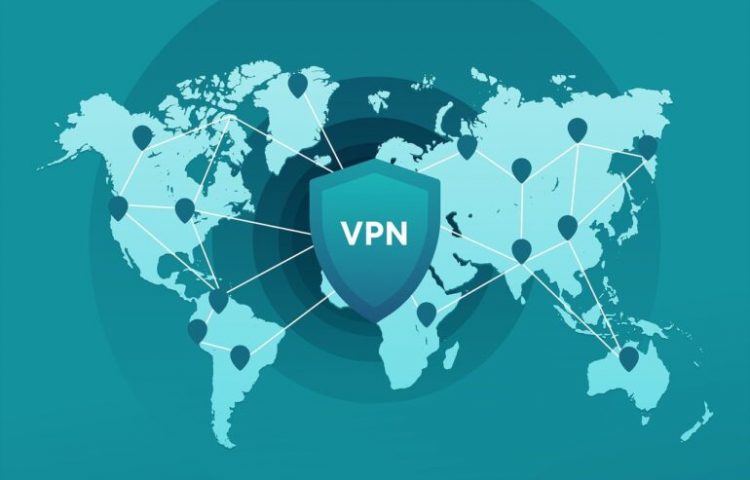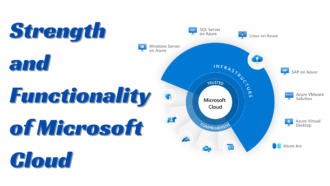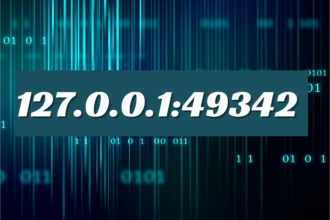Why You Should Be Using a VPN
A team of cybersecurity experts predicted that there would be a cyberattack every 11 seconds in 2021, and so far it’s looking like they were on the money. You need ways to protect your devices regardless of how much you use them, and the standard anti-virus software doesn’t cut it anymore. So what other tools can you use to keep your computer safe from hackers and other cybercriminals?
Well, we’re glad you asked. It’s time to delve into our guide on the VPN and why you should use one with your devices pronto!
But enough preamble, right? Let’s jump into this thing.
Why You Should Be Using a VPN
Define VPN for Me
VPN (or virtual private network) refers to the process of connecting your computer or the device to the Internet through a secure network. Your computer takes your network data and sends it through a secure “tunnel” to the outside network. From there, the data gets encrypted and released back to the website you were trying to access in the first place.
VPN Services Keeps Your Devices Safe
One of the main benefits VPN services provide you is the ability to keep your data safe. Not only do you not have to worry about your data getting sniped as it travels to the outside network, but VPNs will alter your IP address, making it look like you accessed the Internet from a different location than you did.
This helps you as it helps keep your search history and purchases safe from your ISP (Internet service provider). The law permits many ISP’s to sell your browsing data off to advertisers so they can hit you with targeted ads based on this history.
What’s more, if hackers manage to break into the databanks of your ISP, they can steal this information and use it to steal your personal information. They can also use this information to craft cyberattacks like phishing emails. These are emails designed to look like promotions or offers for products you like but instead direct you to a harmful link or insert a virus onto your device.
Disguising your IP address also shields you from direct hacker attacks, as they will have more difficulty hijacking your network connection if they think the origin point of your data is somewhere it’s not. That said, a VPN is not a one-solves-all solution to cybersecurity. You still need to combine it with other tools like strong anti-virus software to make sure your data stays secure.
Security On the Go
Another perk of VPN services is that it offers your network protection if you are accessing public Wi-Fi. Because public Wi-Fi servers have to support a lot of devices, it’s too expensive and/or difficult for most places to make their public Wi-Fi secure. This makes it easy for hackers to look in and steal info like passwords or your credit card number wholesale without you even knowing.
Some people will even create fake public Wi-Fi spots and name them things like “McDonald’s Wi-Fi” to trick people into clicking on them for free Wi-Fi, allowing the creator complete access to your network traffic history. Because VPN services bounce your data to a different network and encrypt it before releasing it, you get the protection of secure Wi-Fi while on public Wi-Fi.
Of course, VPNs carry other benefits for users on the go. Savvy consumers can create a VPN for their home network, which lets you access files (or even whole devices with tools like remote desktop apps) safely while hundreds of miles away. You can also install a VPN client on your smartphone, affording your mobile data the same level of protection.
You Get Access to More Content
Did you have your heart set on watching the latest Fast and the Furious movie, only to learn it’s only streaming on Hulu in Canada? Well, using a VPN service like those offered by TrustGeeky allow you to trick your web browser into thinking you’re accessing the Internet from Canada, allowing you to watch the movie without embarking on a cross-country trip.
Of course, this location spoofing helps with a lot more than streaming services. Any websites that have region-locked content become your playground when you have a VPN, granting you full access as long as you know what to look for. Some websites even offer different prices for products based on the country, meaning the savvy shopper can save money with a little research and a good VPN.
VPNs also prove useful for those who live in countries like China where certain websites are inaccessible by law. While the U.S doesn’t restrict Internet use much, using a VPN is still a handy tool for circumventing censorship on the Web.
Finally, VPNs allow you faster speeds on “shadier” sites like BitTorrent your ISP tanks the speeds on to keep you off the site. It’s worth noting that you will often have to deal with slower Internet speeds when using VPNs, however. This is due to the added time it takes for the data to travel, get encrypted, and come back up.
What VPNs Don’t Cover
Of course, VPNs don’t make you a total ghost on the Internet. One thing they don’t shake are cookies (meaning as long as you’re on a website, the site can hold onto some of the data you input). They also don’t dodge data collection tactics used by applications like Facebook too.
It’s also worth noting that some websites will recognize Internet traffic coming from a VPN and block it so as to prevent users from practicing inappropriate or illegal behavior with a VPN to shield them. This policy varies by website, however, so you’ll have to experiment to see which sites work for you. That said, this is fairly infrequent.
Shields Up On Your Data
And there you have it! Now that you know all about why you should be using a VPN, you’re ready to keep your data safe from prying eyes today! And if you’re looking for more tips on tightening up your data security, make sure to check out the other articles on our website!

















